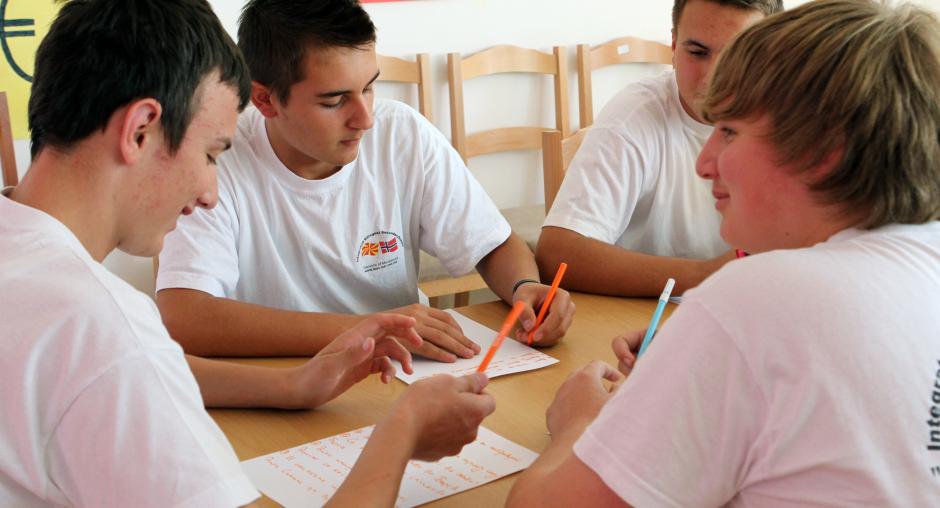Balancing the need to protect identity and promote integration in education

How can States, policy-makers and educators find an appropriate balance between protecting identity and promoting integration in schools? This question was the focus of a side event organized by the office of the OSCE High Commissioner on National Minorities during the Human Dimension Implementation Meeting on 29 September 2014.
During the side event, representatives from governments, international organizations and civil society reviewed the normative and legal framework for addressing this question. It was noted that for more than 20 years, successive High Commissioners on National Minorities have emphasized the role education can play in conflict prevention, and have recommended education as a tool to preserve minorities’ identities while promoting cohesive, integrated societies.
“Because each context is different, policy-makers need to carefully examine the content of education and ensure that minorities and all relevant stakeholders participate in the development of education policies,” said Stephanie Marsal, Senior Advisor to the High Commissioner.
“Experience has shown that education policies need to be built around three pillars: non‑discrimination and equal access to education, identity preservation with a comprehensive approach to minority language education, and efforts to promote mutual knowledge, understanding and interaction between ethnic groups during schooling,” she added.
“Diversity is a fact and education systems are struggling to adapt to this reality,” said Sia Spiliopoulou Åkermark, Director of the Åland Islands Peace Institute and Member of the Advisory Committee on the Council of Europe’s Framework Convention for the Protection of National Minorities. “However, there is a need for States to actively take into consideration human rights, including minority rights when pursuing education reforms.”
Also discussed were local initiatives on integrated, multilingual education such as those by the Nansen Dialogue Centre Skopje and a project in the South Kazakhstan Region.
